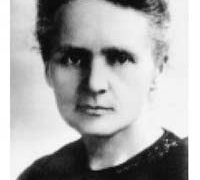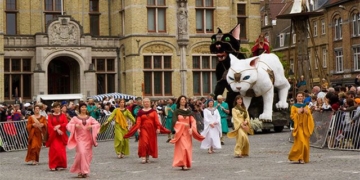The South Korean government announced it will invest 11.5 billion won (approximately 11.8 million USD) this year to enhance the competitiveness of the country’s aerospace equipment industry.

|
|
Bohyunsan Astronomical Observatory (South Korea) – (Photo: Korea Astronomy and Space Science Institute (KASI)) |
The Ministry of Finance, Industry and Energy stated that the funding is divided into two parts: 9.1 billion won for 22 ongoing projects and 2.4 billion won for 10 new aerospace projects conducted by the Korea Space Technology Research Association.
The upcoming projects include the development of control moment gyroscopes for use in multipurpose artificial satellites.
South Korea will also develop other advanced technologies for use in helicopters and transport aircraft and commercialize these products.
Since 2000, South Korea has invested 5.8 billion won in 91 projects and is currently completing technology development for 32 of these projects.
|
Korean Candidates for First Astronaut to Register in April |
| Next month, healthy young individuals of both genders who hold South Korean citizenship will be invited to apply to become the nation’s first astronaut. In a ministerial meeting related to science held on Thursday (March 23), the government set a timeline for its plan to send a Korean into space by 2008. Choi Ki-hyuk, a research expert at the Korea Space Research Institute, is overseeing the plan and stated, “After receiving applications starting next month, we will select 300 promising candidates this summer and then choose one through a thorough screening process.”
The first astronaut from South Korea is scheduled to visit the International Space Station via a Russian Soyuz spacecraft and stay there for about 10 days in April 2008. Last year, South Korea planned to initiate this project to increase public interest in space development, but the plan was temporarily postponed due to a lack of funding. The government is seeking to raise about 6 billion won (approximately 6.15 million USD) over three years while also attracting private companies for financial support. Research expert Choi noted that South Koreans aged 19 and above can apply, and the candidate criteria will be announced next month. He mentioned, “Candidates must be between 150-190 cm tall and weigh between 50-95 kg. They must undergo vision tests and accurate sight assessments.” He added that proficiency in English will be considered in the evaluation, and no candidates with criminal records will be accepted. About 10% of the 300 successful candidates will advance to the second round, which includes a written exam on contemporary events, a general knowledge test, and a health check. Subsequently, the government-sponsored agency will create two shortlists: one with 10 candidates and another with 5 candidates who will travel to Russia by the end of this year. Russia will then select the final two candidates, who will undergo a year of training at the Yuri Gagarin Cosmonaut Training Center in Russia, with only one being ultimately chosen as an astronaut. |



















































